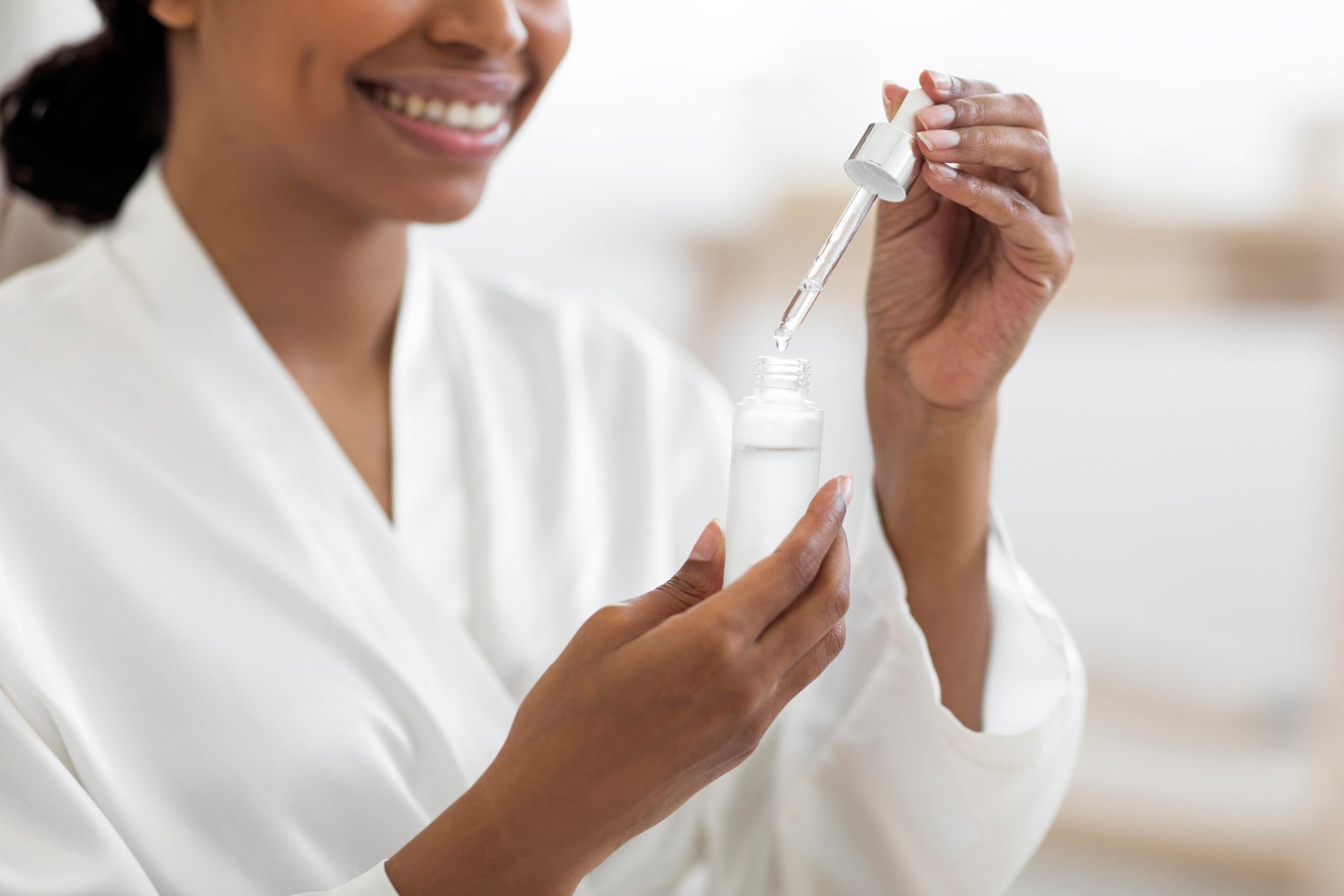Can Intimate Lube Help with Common Sexual Health Issues?

In recent years, discussions around sexual health have become more open and inclusive, encouraging individuals to seek solutions to improve their intimate experiences. One product that has gained significant attention in this context is intimate lubricant, commonly known as intimate lube. But how effective is it in addressing common sexual health issues? This comprehensive article explores the benefits and potential drawbacks of using intimate lube, helping you make an informed decision about its place in your personal care routine.
Understanding Intimate Lube
Intimate lube is a specially formulated product designed to reduce friction during sexual activity. It comes in various forms, including water-based, silicone-based, and oil-based variants. Each type has its own set of pros and cons, making it suitable for different needs and preferences. Water-based lubes are popular due to their versatility and easy cleanup, while silicone-based lubes offer long-lasting slickness, and oil-based lubes provide a natural feel but may require more thorough cleaning.
Addressing Vaginal Dryness
Vaginal dryness is a common issue that affects many women, particularly those going through menopause, postpartum recovery, or who are on certain medications. This condition can make sexual intercourse uncomfortable or even painful. Intimate lube can be a game-changer in such situations. By providing the necessary moisture, it helps reduce discomfort and enhance pleasure, making intimate moments more enjoyable.
A study published in the Journal of Sexual Medicine found that the use of lubricant during intercourse significantly improved sexual satisfaction for both men and women1. This highlights the importance of intimate lube in enhancing sexual health and well-being.
Alleviating Erectile Dysfunction
Erectile dysfunction (ED) is another prevalent sexual health issue that affects many men, often leading to stress and anxiety. While intimate lube alone cannot cure ED, it can certainly play a supportive role. Lubricants can help reduce performance pressure by enhancing physical comfort and arousal, creating a more relaxed and pleasurable experience. This can, in turn, reduce the psychological barriers associated with ED.
Enhancing Comfort with Condoms
Many people avoid using condoms because they find them uncomfortable or believe they reduce sensation. However, using intimate lube can mitigate these concerns. Applying a small amount of lube inside and outside the condom can increase comfort and sensation, making protected sex more enjoyable. Additionally, lubricants can help prevent condom breakage, adding an extra layer of safety.
Support During Perimenopause and Menopause
Perimenopause and menopause bring a host of changes to a woman’s body, including reduced estrogen levels, which can lead to vaginal dryness and atrophy. Intimate lube can provide much-needed relief from these symptoms, making sexual activity more comfortable and enjoyable. Regular use of lubricant can also help maintain vaginal health by preventing microtears and infections caused by dryness.
Assisting with Anal Play
Anal play requires careful preparation and lubrication to ensure safety and comfort. The rectum does not produce natural lubrication, making the use of intimate lube essential. A generous application of a high-quality lubricant reduces friction and discomfort, enabling a smoother and more pleasurable experience. Silicone-based lubes are often recommended for anal play due to their long-lasting properties.
Reducing Pain During Intercourse
Pain during intercourse, also known as dyspareunia, can affect both men and women and is often caused by insufficient lubrication, medical conditions, or psychological factors. Intimate lube can help alleviate this pain by reducing friction and enhancing comfort. It’s important to note that if pain persists, consulting a healthcare professional is crucial to identify and address any underlying issues.
Improving Solo Play
Masturbation is a natural and healthy part of sexual expression. Using intimate lube during solo play can enhance the experience by reducing friction and increasing pleasure. Lubricants can mimic the body’s natural moisture, making self-exploration more enjoyable and fulfilling.
Choosing the Right Lube
Selecting the right intimate lube is crucial for maximizing its benefits. Here are some factors to consider:
Base Type: Water-based lubes are versatile and safe with all sex toys and condoms. Silicone-based lubes offer long-lasting slickness but should not be used with silicone toys. Oil-based lubes provide a natural feel but can degrade latex condoms.
Ingredients: Look for products free from glycerin, parabens, and artificial fragrances, as these can cause irritation or infections.
Purpose: Consider what you’ll be using the lube for – vaginal, anal, or solo play – and choose a product specifically formulated for that purpose.
Potential Drawbacks
While intimate lube offers numerous benefits, it’s important to be aware of potential drawbacks:
Allergic Reactions: Some people may experience allergic reactions to certain ingredients in lubricants. Always do a patch test before full use.
Compatibility Issues: Not all lubes are compatible with all materials. For example, oil-based lubes can degrade latex condoms, and silicone-based lubes can damage silicone toys.
Messiness: Some lubricants can be messy and may require thorough cleaning after use.
Conclusion
Intimate lube can be a valuable addition to your sexual wellness toolkit, helping to address various common sexual health issues. From alleviating vaginal dryness and reducing pain during intercourse to enhancing comfort with condoms and supporting anal play, the benefits are manifold. As with any product, it’s important to choose a lube that suits your needs and preferences and to be mindful of any potential drawbacks.
By incorporating intimate lube into your sexual routine, you can enhance your comfort, pleasure, and overall sexual health, making intimate moments more enjoyable and fulfilling.
